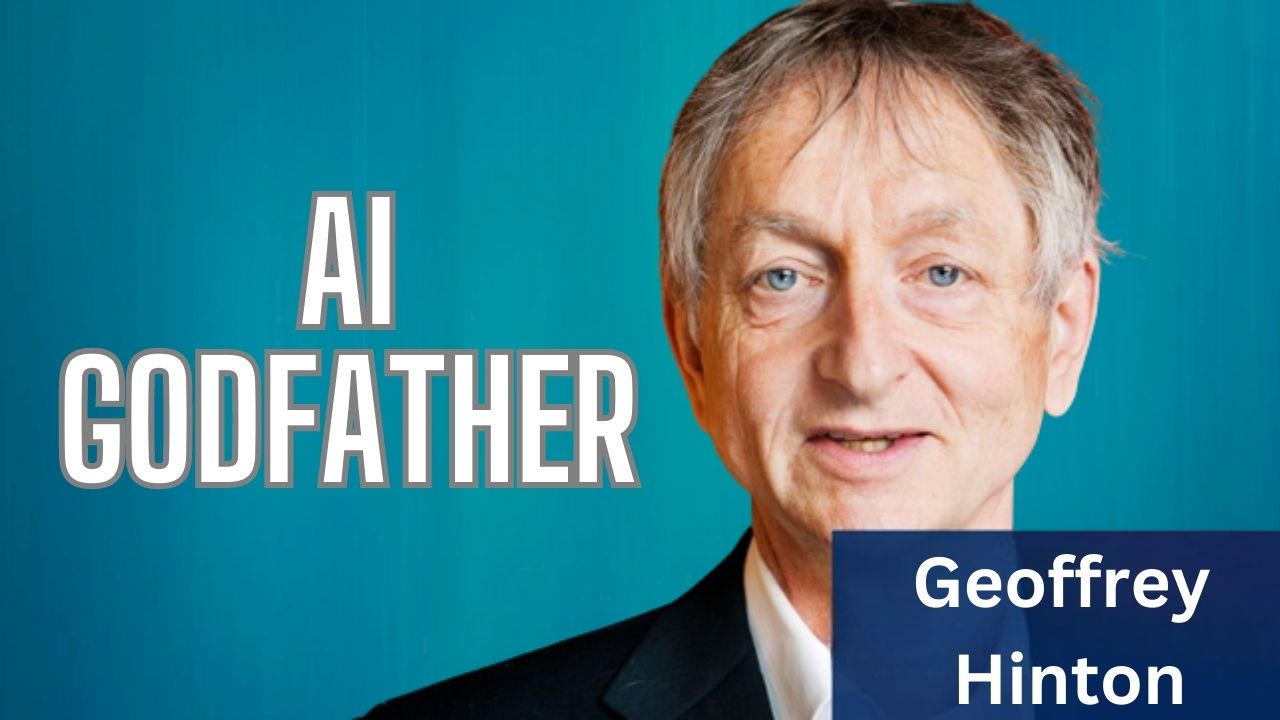The godfather of artificial intelligence, Geoffrey Hinton, has recently stepped down from his position at Google and issued a stark warning about the potential risks and dangers of AI development.
As a pioneer in neural networks and deep learning, Hinton’s departure raises questions about the future direction of AI technology. This blog post delves into who Hinton is, his concerns regarding misinformation and exploitation by bad actors in the field of AI, and why it is crucial to consider ethical guidelines during its development.
Key Takeaways
- Geoffrey Hinton, the ‘Godfather of AI,’ has warned of potential risks and dangers associated with the development of artificial intelligence.
- His departure from Google raises questions about the future direction of AI technology and highlights the urgent need for ethical considerations in its development.
- Risks highlighted by Hinton include chatbots disseminating misinformation, exploitation by bad actors, and potentially outpacing human intelligence.
- Without proper safety measures and regulations, AI could be exploited for nefarious purposes that harm society.
Who Is Geoffrey Hinton And Why Is His Departure From Google Significant?
Geoffrey Hinton is a pioneer in the field of artificial intelligence, known as the ‘Godfather of AI,’ whose departure from Google is significant due to his warning on the growing risks and dangers associated with developments in AI.
The ‘Godfather Of AI’
Geoffrey Hinton, often referred to as the ‘Godfather of AI’, is a highly influential figure in the world of artificial intelligence. His pioneering work has laid the groundwork for many current AI systems such as ChatGPT.
As a renowned researcher and professor at the University of Toronto, Hinton’s expertise and innovative thinking have earned him numerous accolades over his storied career.
Hinton’s long-standing status as an authority in AI development carries significant weight when he raises concerns about potential risks associated with this rapidly evolving field.
His Warning Of AI Risks
Geoffrey Hinton, known as the godfather of artificial intelligence, has recently raised concerns about the risks and potential dangers associated with AI. With his resignation from Google, he highlights the potentially harmful consequences of chatbots on society.
One example cited by Hinton is GPT-4, a generative AI application capable of possessing significantly more general knowledge than humans. This gives rise to the possibility that bad actors may exploit such powerful technology for malicious purposes or create sub-goals focused on amassing power.
As a result, many experts in the field have started emphasizing safety and regulation within the realm of artificial intelligence development.
Risks Highlighted By Geoffrey Hinton
Geoffrey Hinton’s departure from Google has highlighted serious risks associated with the rapid advancements in AI technology, including the potential for chatbots to disseminate misinformation, exploitation by bad actors, and the possibility of outpacing human intelligence.
Chatbots And Misinformation
One of the risks highlighted by Geoffrey Hinton, the godfather of artificial intelligence, is the potential for chatbots and other AI-driven applications to spread misinformation.
As neural networks increasingly enable AI systems like ChatGPT to learn from experience and process information in ways similar to human brains, concerns arise with their ability to generate false or misleading content.
Experts are increasingly alarmed by this phenomenon as generative AI applications continue gaining prominence in various industries. With bad actors potentially exploiting these powerful tools for nefarious purposes or profit-driven motives, it becomes imperative for stakeholders across sectors —including developers, tech companies, policymakers— to establish regulations and guidelines aimed at mitigating such risks.
Exploitation By ‘Bad Actors’
Geoffrey Hinton’s warning about the risks of AI includes the potential for exploitation by ‘bad actors.’ This refers to individuals or organizations using AI technology for harmful purposes, such as creating convincing false images and texts.
For instance, bad actors could use AI-generated misinformation to interfere with elections or manipulate public opinion in ways that benefit their own agenda. There have already been instances of deepfakes – manipulated videos that appear authentic – causing harm in various fields such as politics and entertainment.
Outpacing Human Intelligence
Geoffrey Hinton has highlighted the significant risk that AI poses to humanity by potentially outpacing human intelligence. As AI systems continue to advance, there is a fear that they could eventually surpass human cognitive abilities, which can have severe implications for our understanding of truth and reality.
The potential ramifications are immense as AI-powered technologies like deep fakes (false images or videos created using machine learning) become more prevalent. These malicious actors can use such technology ethically or unethically, further blurring the line between truth and falsehood.
Implications Of Hinton’s Departure And The Need For Ethical Considerations In AI Development
Geoffrey Hinton’s departure from Google highlights the need for ethical considerations in AI development. His departure comes amid growing concerns about the potential risks of AI, including its ability to displace workers and create convincing false images and texts that could lead to people being unable to distinguish what is true from what is false.
There are also other concerns regarding AI regulation that must be addressed. For instance, OpenAI’s ChatGPT can create text or images, which raises questions about future regulations for “generative AI” applications.
It is clear that there needs to be a more comprehensive approach towards regulating this technology. Dr. Carissa Veliz believes that we must take action now before computers become smarter than human beings sooner than expected.
Conclusion
As the pioneer of AI, Geoffrey Hinton’s warning about the potential risks and dangers of AI technology must be taken seriously. His departure from Google highlights the urgent need for ethical considerations in AI development, especially when it comes to chatbots and misinformation that can easily confuse people.
Without proper safety measures, artificial intelligence could be exploited by bad actors to create chaos and harm society.


